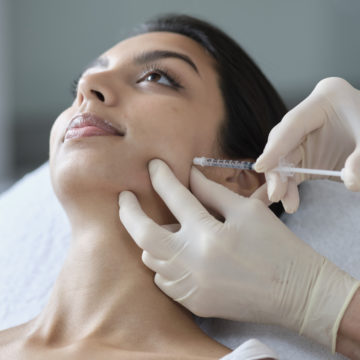Bruxism - teeth grinding
Bruxism or teeth grinding is a distressing condition which can wear away tooth enamel and cause extreme jaw discomfort
Bruxism quick facts
Bruxism often occurs when you are asleep
Bruxism can damage teeth and wear away tooth enamel
Around 10% of the population regularly grind their teeth
Bruxism may be experienced in periods of stress and anxiety
Bruxism or teeth grinding as it is more commonly known is often related to stress or anxiety. The increase in cases of Bruxism have been unprecedented and it sadly reflects the enormous extra worry that people are under, particularly at the moment.
Bruxism occurs when the muscles that we use to chew our food start to contract in an uncontrolled way. This can be a constant tension in the muscles or a more intermittent clenching. Some Bruxism sufferers are not even aware they are doing it until their partner points out that they can hear the grinding noise when they’re sleeping or concentrating. Others become aware they are clenching as they awake with pain in the side of their face and can experience discomfort radiating into the jaw joint, head and neck region. As the condition becomes more established headaches can be a daily occurrence.
Your dentist may notice that you are wearing away your teeth or that you are damaging your fillings and crowns. There may also be tell-tale signs of biting on the inside of the mouth. Dentists often recommend a splint which looks a bit like a gum shield to protect your teeth and this is important if the tooth damage is significant. However, the thing to remember is that the guard will not help prevent the bruxism and may unfortunately aggravate it by holding the teeth slightly apart.
Bruxism can be a challenge to treat as it often persists, once the habit starts it is essential to break the cycle.
We can treat this distressing condition with the careful placement of Botox injections.
Testimonial
I only discovered I was suffering from Bruxism when I went to the Dentist and he told me my constant teeth grinding was wearing away the enamel. I am so pleased to have discovered a way of preventing further damage that doesn't involve wearing a tooth guard all night
